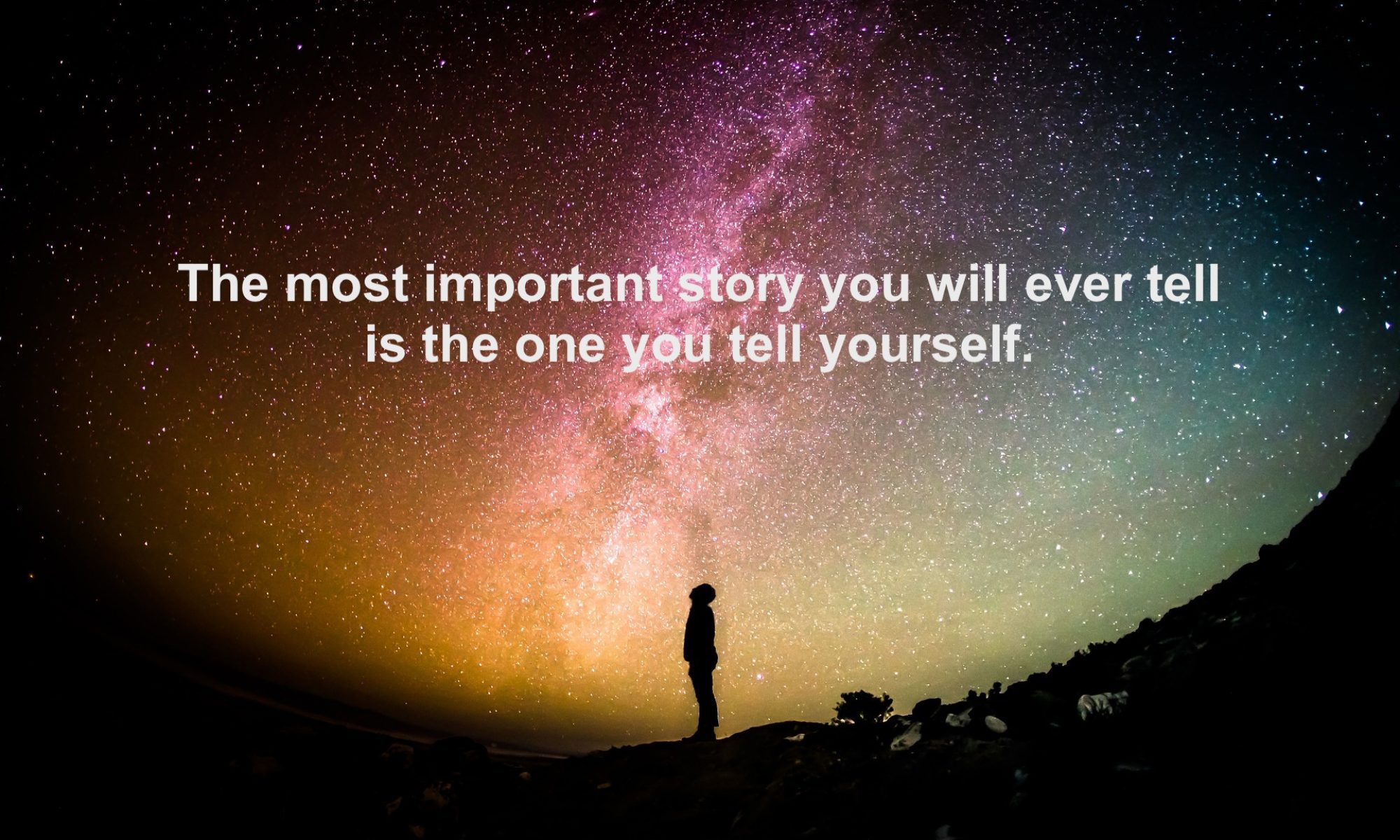“No army can withstand the strength of an idea whose time has come.”
— Victor Hugo
The guys at Kodak knew they had a problem. They were about to introduce a revolutionary new slide projector. Instead of a linear format, theirs had a round configuration. They thought they might call it the “wheel,” even though it sounded antiquated. The wheel was innovative for its time, but it came a long time before sliced bread and cat’s pajamas.
Enter hotshot ad wizard Don Draper. He decided it wasn’t a wheel, it was a carousel. It turned like a wheel, but took you back to your childhood—nostalgia!—to a place we all wish we could go back to. Of course, we can’t go back in time … unless we buy a Kodak Carousel slide projector!
In terms of the feelings evoked by the two words, carousel is much better than wheel.

You don’t have to be an advertising executive to understand and leverage the power of words. Ordinary people can do it too, and when they do it successfully they may even become extraordinary.
Here are some people from humble beginnings who led extraordinary lives: Jesus, Gandhi, Martin Luther King, Mother Teresa, and Nelson Mandela. What do they all have in common? All have had a tremendous influence on the world and have brought about great change in the face of apathy or opposition. And they did it not with great armies or political power but with words. Words formed into ideas shaped into stories.
Movements have been started with words. Nations have been declared into existence. Some might say everything was started with words: “In the beginning was the Word.”
Words are not simply labels for things, they are containers for meaning. The meaning you create depends on your choice of words and how you interpret them. Are you choosing words that serve you well? Or do the words in your head hold you back?
Because beliefs are expressed in words, the words you choose also shape your beliefs. Beliefs—which are neither right nor wrong—are notions that you hold to be true. They are in essence closely held opinions that you have formed based on your interpretations and misinterpretations of your experiences. Your beliefs are the filter through which you give meaning to events. If you’re like most people, you tend to look for evidence that supports your beliefs—we call this confirmation bias—which then become stronger over time.
Your inner story is also expressed in words, which were probably not well chosen. Remember, you wrote this story when you were a child, with a very limited vocabulary and an even more limited understanding of the world. In addition, you developed a set of beliefs based on that false narrative created by your child self.
Don’t you wish you could go back and write your inner story all over again, but with better words?
Of course you can’t go back in time, but you can rewrite your inner story. You can use better words, based on more useful interpretations of your experiences, which will then support more powerful beliefs. This revised story and the beliefs that you draw from it will be the foundation for a life surpassing all of your previous expectations. Contact me to find out exactly how this works!
